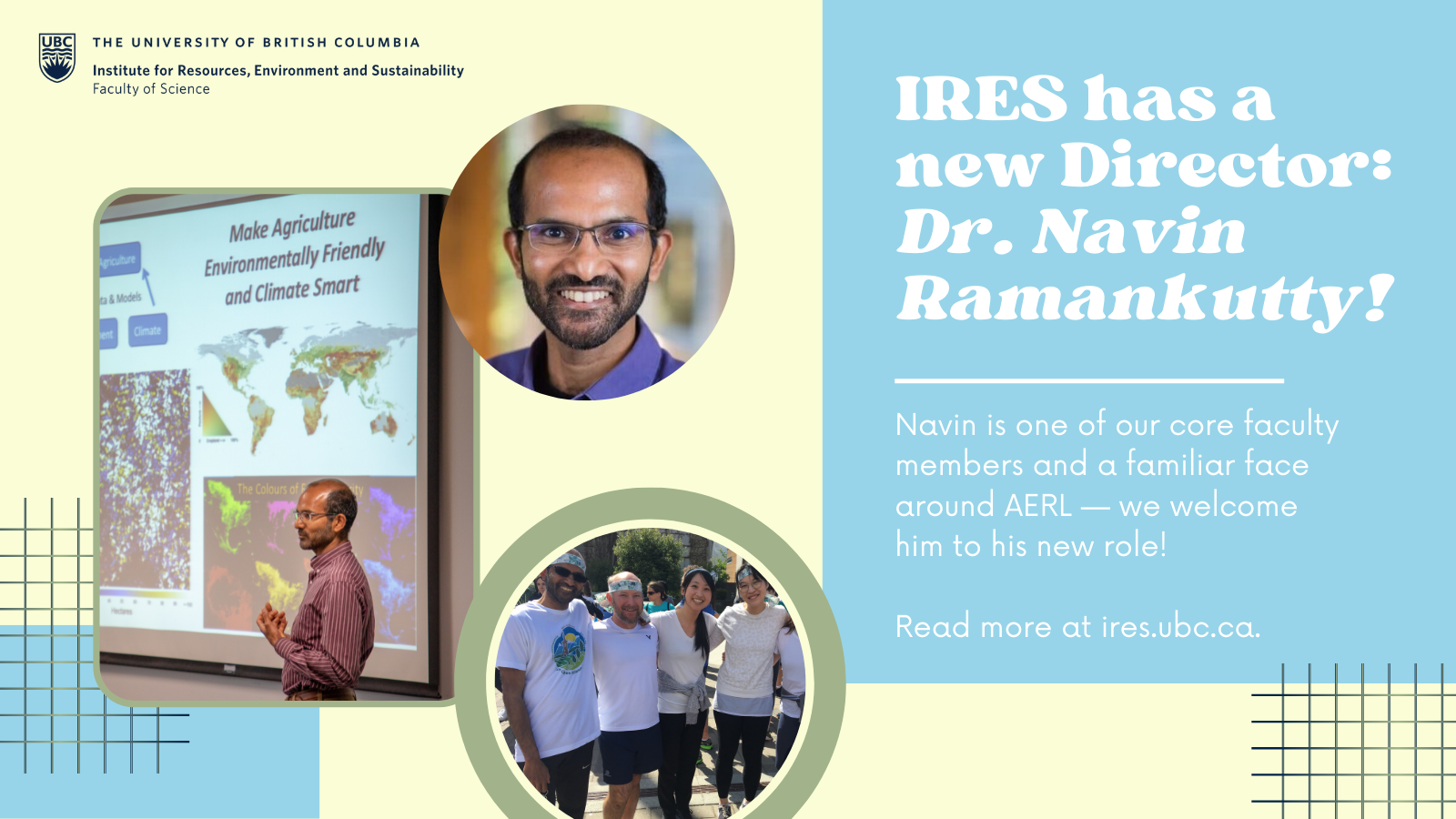October 6, 2022: IRES Faculty Seminar with Miranda Böttcher
Diversifying the assessment of mCDR’s (in)feasibility frontiers
Time: 12:30pm to 1:20pm
Location: Beaty Museum Theatre (2212 Main Mall)
View video here
Talk summary:
The ocean plays a key role in regulating the climate by absorbing atmospheric CO2. In light of the growing awareness of limitations of terrestrial CO2 removal (tCDR), the ocean is becoming the new ‘blue’ frontier for carbon drawdown. To ensure that the ‘hope’ presented by marine CO2 removal (mCDR) does not promote unrealistic ‘hype’, there is a need for assessments that go beyond techno-economic feasibility. This talk; (1) gives an overview of one such holistic assessment being carried out within the German research mission CDRmare; (2) outlines an approach to assessment of mCDR’s political (in)feasibility, in which political framework conditions are treated as independent variables shaping the feasibility of mCDR becoming part of Germany’s carbon management strategy and; (3) invites discussion of results from the actor mapping being undertaken to explore the political (in)feasibility frontiers of mCDR in Germany.
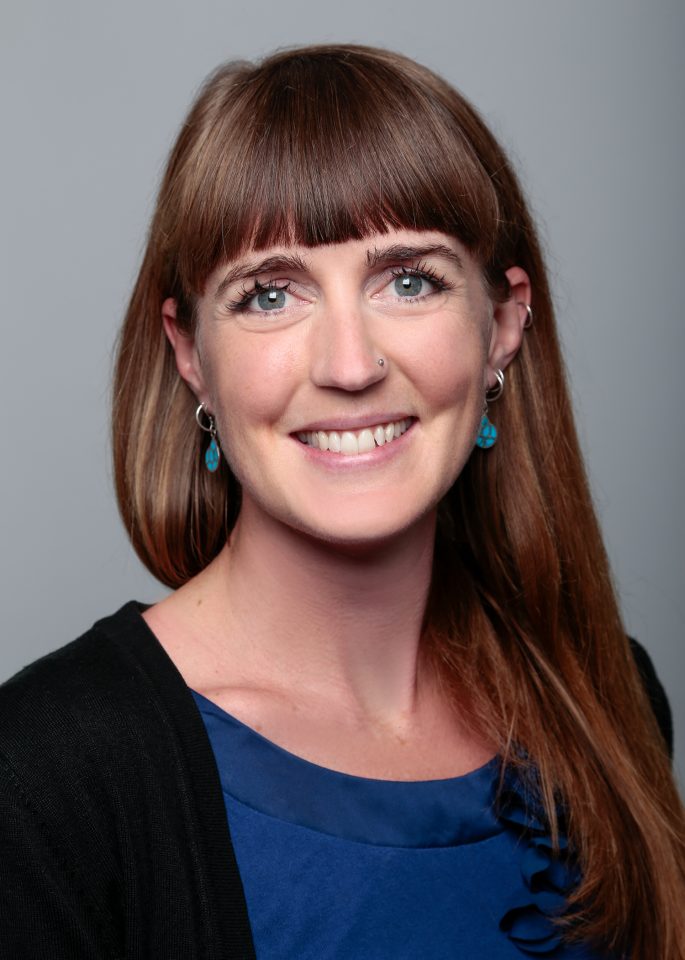
Bio:
Dr. Miranda Böttcher is a Research Associate at the German Institute for International and Security Affairs (SWP), and an affiliated member of the Copernicus Institute of Sustainable Development, Utrecht University. Her research focuses on the knowledge politics of environmental assessment and governance. She is currently working on the German-government project CDRmare, developing a transdisciplinary assessment framework for marine carbon removal, with a focus on identifying political (in)feasibility frontiers. Additionally, Miranda is a member of the United Nations Joint Group of Experts on the Scientific Aspects of Marine Environmental Protection (GESAMP) Working Group 41: Ocean Interventions for Climate Mitigation.
UU | SWP | Researchgate | GoogleScholar
September 29, 2022: IRES Professional Development Seminar with Henry Lai
IRES Seminar Series
Time: 12:30pm to 1:20pm
Location: Michael Smith Labs Theatre (Room 102, 2185 East Mall)
IMPORTANT NOTE: NO FOOD OR DRINKS ALLOWED IN THE THEATRE.
(This seminar will not be recorded.)
*********************************************************************************************************************************
Navigating Your Health and Wellbeing at UBC and Beyond
Abstract:
In this presentation, you will be introduced to the programs and services available to you at UBC and beyond to support your health and wellbeing. You will learn how to access programs and services and to be proactive about maintaining your health. There is also a Canvas course you can take at your own pace.
Henry Lai
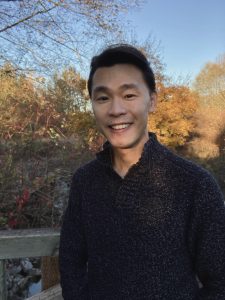
Health Promotion Specialist at UBC Health Promotion & Education
Bio:
Henry is a Health Promotion Specialist at UBC Health Promotion & Education. Henry completed a Master’s degree under the Indigenous Studies in Kinesiology program at UBC. His research focused on strengths-based approaches to co-create community-based and Indigenous-led healthy living initiatives.
September 22, 2022: IRES Faculty Seminar with Tongli Wang
IRES Seminar Series
Time: 12:30pm to 1:20pm
Location: Beaty Museum Theatre (2212 Main Mall)
View video
*********************************************************************************************************************************
Climate and ecological models for forest adaptation to climate change
Abstract:
The impacts of climate on forest ecosystems have been observed in different aspects, including large-scale diebacks, increased pest and disease infections, and intensified forest fires. A major cause of these problems is due to the mismatch between the climate that trees have adapted to in the past and the climate that the trees are experiencing now and in the future due to climate change. Ecological models can be used to predict such mismatches at the ecosystem/species (ecological niche models) and the population (population response functions) levels. The model predictions can help develop adaptive strategies based on the available genetic resources created by nature. The quality of climate data can substantially affect the credibility of those models. My talk will brief on our research in developing scale-free climate models, ecological niche models, response functions, and landscape genomic models.
Tongli Wang
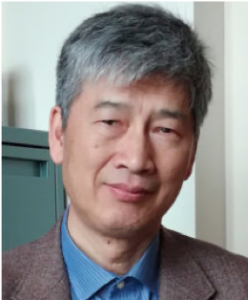
Associate Professor at the Department of Forest and Conservation Sciences
Bio:
Tongli Wang is an Associate Professor at the Department of Forest and Conservation Sciences, Faculty of Forestry, UBC. Tongli’s research interests include ecological genetics and forest adaptation to climate change. Some tools that he developed have been widely used, including 1) ClimateNA that generates scale-free climate data for North America for historical and future periods; 2) climate niche models predicting the shifts of climate habitats for forest ecosystems (flying BEC zones) and tree species under climate change; and 3) climate response functions for climate-based seed transfer at the population level. He is also interested in exploring the potential of using genomic data to help forests to adapt to climate change.
September 15, 2022: IRES Student Seminar with Diana Bedolla López
IRES Seminar Series
Time: 12:30pm to 1:20pm (Pacific Standard Time)
Location: Beaty Museum Auditorium (2212 Main Mall)
View video
How to assess effective science communication training?
Abstract:
The effectiveness of science communication training is increasingly questioned. There are presently no commonly available tools that allow instructors and participants to assess whether or not the training was successful. This study aims to identify factors that shape effective science communication and develop a tool to assess the effectiveness of training. This study originates from an expressed need to provide members of the Society for Environmental Toxicology and Chemistry (SETAC) and the Science and Risk Communication Interest Group (SCIRIC) with better training in science communication. In collaboration with SCIRIC, I characterized the weaknesses of current training programs, designed a survey, and tested its utility in a workshop. Further development is needed to identify and foster ways to operationalize and measure whether training improves scientists’ ability to design, select and utilize strategies leading to more effective science communication.
Diana Bedolla López
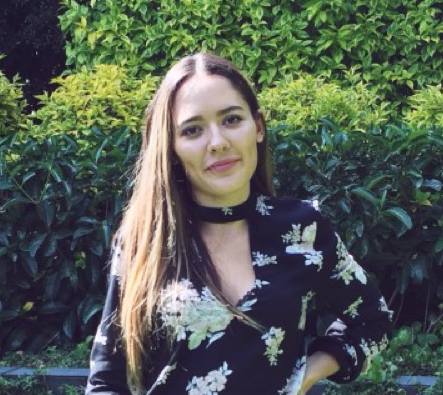
MA Student
Bio:
Diana holds a Bachelor of Earth Science from the Universidad Nacional Autonoma de Mexico with an area of specialization in environmental science. During her undergraduate studies, she became interested in environmental law and policy, climate change governance, and philosophy of science. She has experience as a teaching assistant on the philosophy and ethics of science course. Her research interests include the social dimension of scientific knowledge, science communication, and science for policy.
September 8, 2022: IRES Faculty Seminar with Lisa Westerhoff (First Seminar in Term 1)
IRES Seminar Series
Time: 12:30pm to 1:20pm
Location: Beaty Museum Theatre (2212 Main Mall)
View video
*********************************************************************************************************************************
Life after academia: From research to policymaking
Abstract:
I used to bristle when I heard people make comparisons between academia and “the real world”; now nearly seven years into my consulting career, I understand what they meant. While the thoughtful deliberation typical of academia has little place in the world of climate policymaking, I believe that many of the skills I learned during my time in academia are what have allowed me to meaningfully contribute to solving the climate crisis. In this talk, I’ll walk through my transition from academic to consultant, and explain what research looks like in the fast-paced and outcome-driven world of climate consulting. From “best practice” reviews to technical and financial analysis, stakeholder and public engagement, and simply drawing on our own opinions, consulting is inherently multi-disciplinary. Pattern recognition, critical thinking, clear communication, and translation between “languages” are just a few of the ways research and practice come to meet.
Lisa Westerhoff
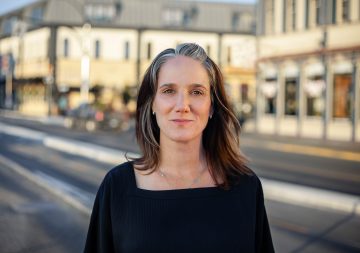
Lead of the Policy and Planning team at Integral Group
Bio:
Lisa completed a PhD at IRES under John Robinson (now at the University of Toronto), and now applies her expertise in climate change, sustainability, and resilience planning as the lead of the Policy and Planning team at Integral Group. She and her team work on projects ranging from zero-emissions buildings codes and plans to energy and carbon disclosure policies, citywide climate plans, campus and portfolio decarbonization strategies, and risk and resilience assessments. She is the author of several academic publications on strategies for increasing climate change resilience and energy and emissions reductions, and was the winner of the Canada Green Building Council’s Green Building Champion Award in 2019.
IRES welcomes new Director Dr. Navin Ramankutty
IRES is welcoming Dr. Navin Ramankutty as our new Director on July 1, 2022, for a four-year term. We are delighted that Navin has agreed to become the next Director of IRES!
Navin is jointly appointed in the School of Public Policy and Global Affairs (SPPGA) in the Faculty of Arts and IRES in the Faculty of Science. The renewal of his Tier 1 Canada Research Chair (CRC) position in Data Science for Sustainable Global Food Systems was recently announced. From 2018 to 2019 Navin served as IRES’s interim head, during which he showed all the qualities of an exceptional leader.
In speaking about the unit he will be leading, Navin described IRES as a vibrant intellectual and social hub. He strongly believes that IRES initiatives offer solutions to many challenges we face as a society.
“IRES is a collective of top-notch scholars with diverse disciplinary backgrounds, skillsets and experiences, all of whom are interested in solving the world’s sustainability challenges. I can’t imagine working anywhere else right now,” he said. “So it’s all the more a privilege to now be vested with the responsibility of leading IRES for the next few years.”
As Director, Navin sees the main undertaking of his role as helping IRES continue to develop a collective vision and inspiring us to work toward it. The graduate student experience, implementing the Indigenous Strategic Plan and magnifying the solutions-oriented work at IRES stand out amongst his priorities.
Alongside his role as Director, Navin will continue to research a major challenge for the 21st century: transitioning to a sustainable global food system, which includes reducing hunger and malnutrition while also feeding two billion more people by 2050, lowering the environmental footprint of farming and making agriculture more climate-resilient. He and his research team are developing data and analytical tools to explore food system sustainability solutions that embrace a diversity of options and are context-dependent.
In recognition of his long-standing work on sustainable global food systems, Navin was awarded the prestigious Wihuri International Prize in 2020.
IRES thanks outgoing director Dr. Milind Kandlikar for serving our community, including his efforts in launching the department’s Vancouver Summer Program and establishing the iBios hiring cluster.
We have no doubt that Navin’s open communication style and clarity of vision will serve IRES well. We look forward to working as a collective under his inspired leadership.
